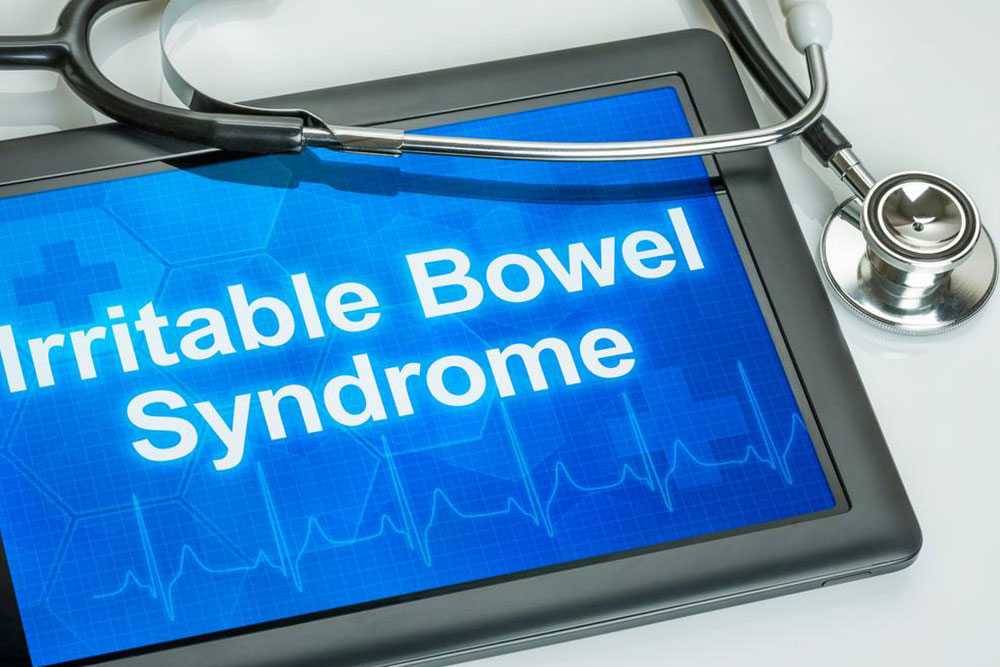Understanding Irritable Bowel Syndrome (IBS)
This article provides a comprehensive overview of Irritable Bowel Syndrome (IBS), highlighting its symptoms, causes, risk factors, and management strategies. It emphasizes the importance of dietary and lifestyle changes for relief and discusses urgent symptoms requiring medical attention. Suitable for those seeking to understand this common digestive disorder, the content aims to inform and guide effective management of IBS.

Understanding Irritable Bowel Syndrome (IBS)
Irritable Bowel Syndrome (IBS) is a common digestive disorder characterized by symptoms like abdominal pain, cramping, bloating, diarrhea, and constipation. While IBS causes significant discomfort, it doesn't damage the intestinal tissues or increase colorectal cancer risk, unlike inflammatory bowel diseases such as Crohn's or ulcerative colitis. Many individuals find relief by adopting healthier diets and lifestyles, though some still experience persistent symptoms. Common signs include bloating, stomach discomfort, irregular bowel habits, and mucus in stool. Severe cases requiring medical attention include weight loss, worsening pain, or rectal bleeding.
Bloating and abdominal discomfort
Chronic diarrhea or constipation
Cramping pain
Mucus in stool
Urgent medical attention is needed if experiencing:
Unintentional weight loss
Severe or worsening abdominal pain
Rectal bleeding
Factors contributing to IBS include:
Diet: Certain foods like spicy dishes, fatty foods, dairy, chocolates, and vegetables such as cabbage, beans, and broccoli can trigger symptoms.
Stress: Elevated stress levels can worsen IBS but do not directly cause it.
Hormonal changes: Women may experience increased susceptibility during menstrual cycles.
Illness: Infections or excess bacteria in the gut may provoke IBS episodes.
IBS affects people mostly under 45 and is more common among women. Proper medication, dietary adjustments, and healthy habits can help manage symptoms and improve quality of life.










